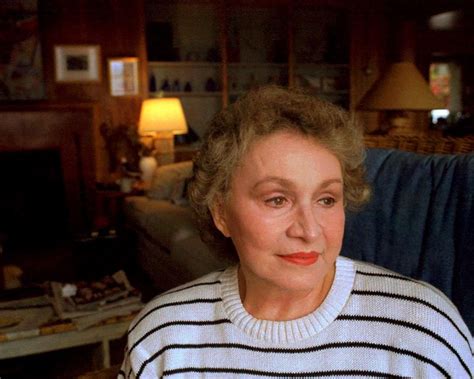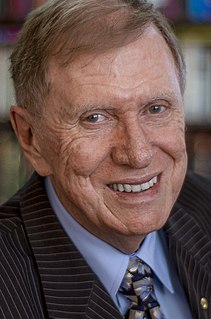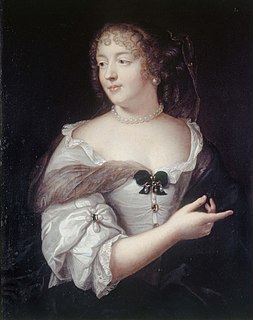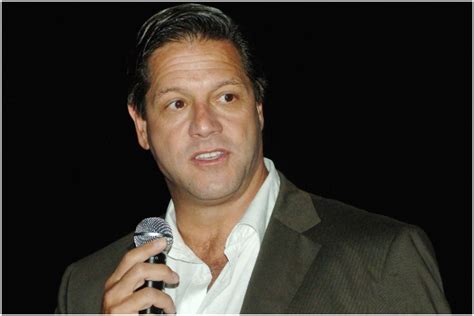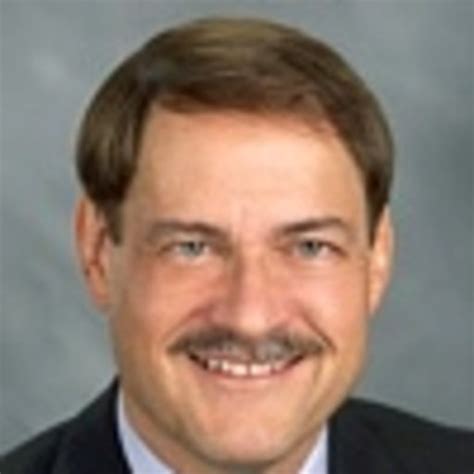A Quote by Aiden Wilson Tozer
What do we value most? What would we most hate to lose? What do our thoughts turn to most frequently when we are free to think of what we will? And finally, what affords us the greatest pleasure?
Related Quotes
I think that sometimes the great changes in our lives, the ones that divide time, happen so deep down and silently that we don't even know when they occur......It frequently happens that the seasons of the greatest change are the times that feel the most tranquil, the most suspended, the most...timeless.
we need poetry most at those moments when life astounds us with losses, gains, or celebrations. We need it most when we are most hurt, most happy, most downcast, most jubilant. Poetry is the language we speak in times of greatest need. And the fact that it is an endangered species in our culture tells us that we are in deep trouble.
When in the evening we are alone with our most existential thoughts, it is then that we come face to face with the most precious truths that we discover in our brief existence in this world. Just before fatigue envelopes us, taking us into sleep. We think of what our lives actually mean. And then we know how lucky we are if we still enjoy consciousness, rationality and love. But the greatest of these is love.
It is the basic principle of spiritual life that we learn the deepest things in unknown territory. Often it is when we feel most confused inwardly and are in the midst of our greatest difficulties that something new will open. We awaken most easily to the mystery of life through our weakest side. The areas of our greatest strength, where we are the most competent and clearest, tend to keep us away from the mystery.
It is part of the photographer's job to see more intensely than most people do. He must have and keep in him something of the receptiveness of a child who looks at the world for the first time or of the traveler who enters a strange country We are most of us too busy, too worried, too intent on proving ourselves right, too obsessed with ideas to stand and stare Very rarely are we able to free our minds of thoughts and emotions and just see for the simple pleasure of seeing. And so long as we fail to do this, so long will the essence of things be hidden from us.
Our job as humans is to hold on to the thoughts of what we want, make it absolutely clear in our minds what we want, and from that we start to invoke one of the greatest laws in the Universe, and that's the law of attraction. You become what you think about most, but you also attract what you think about most.
And if I remain in the dark about our purpose here, and the meaning of eternity, I have nevertheless arrived at an understanding of a few more modest truths: Most of us fear death. Most of us yearn to comprehend how we got here, and why-- which is to say, most of us ache to know the love of our creator. And we will no doubt feel that ache, most of us, for as long as we happen to be alive.
We are at war with the most dangerous enemy that has ever faced mankind in his long climb from the swamp to the stars, and it has been said if we lose that war, and in so doing lose this way of freedom of ours, history will record with the greatest astonishment that those who had the most to lose did the least to prevent its happening.
The most profound question is, "What would I risk dying for?" The natural answer is "for my family." But for most of history, we didn't live in families. We lived in small communities that gave us our sense of safety and place in the world, so the natural answer would be "for my people." The blessing and the tragedy of modern life is that we don't need our community to survive anymore. When we lose that idea, we lose a sense of who we are.
Empathically accurate perceivers are those who are consistently good at 'reading' other people's thoughts and feelings. All else being equal, they are likely to be the most tactful advisors, the most diplomatic officials, the most effective negotiators, the most electable politicians, the most productive salespersons, the most successful teachers, and the most insightful therapists.

